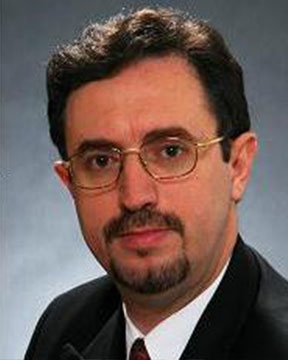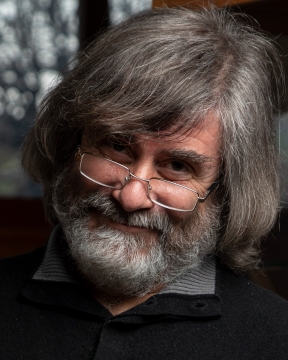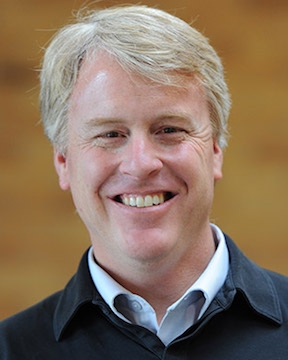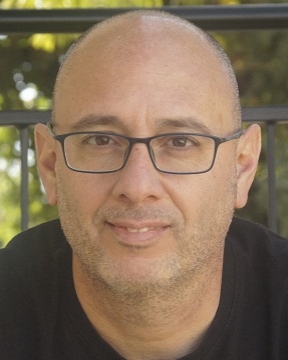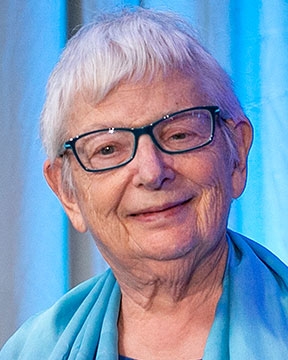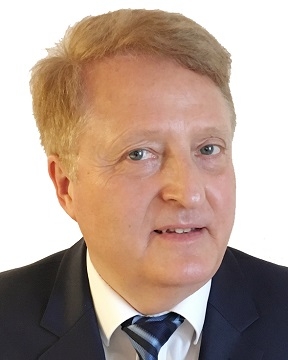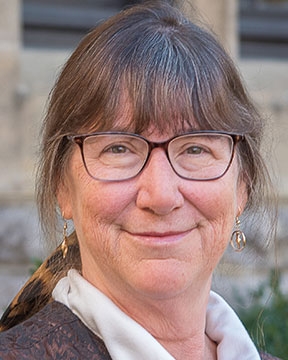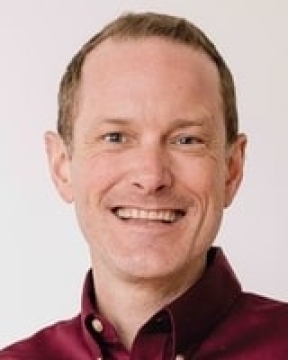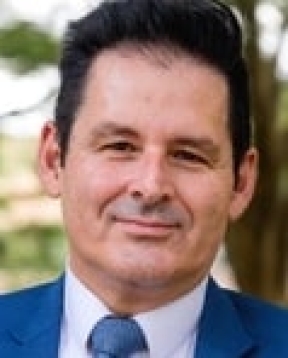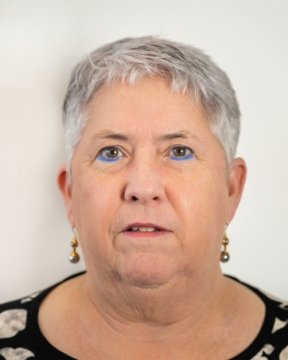This major symposium is in honor of the distinguished work and lifetime achievement of Prof. Barbara Dutrow, well known for her contributions to the field of mineral sciences and its applications to understanding Earth’s processes and Earth’s products including those necessary to support a more sustainable future. This interdisciplinary session centers on themes arising from Prof. Dutrow’s research and interests.
Prof. Dutrow’s research broadly focuses on crystal chemistry, geochemistry, the stability of minerals, fluid-mineral systems, and mineral resources critical for the energy transition. Most recently, her work has branched out to include the application of machine learning to the identification of chemical fingerprints used to determine the provenance of gemstones.
Prof. Dutrow has been a pioneer in the early applications of advanced instrumentation and experimental equipment to the study of minerals. Using one of the first generation ion microprobes in the 1980s, an instrument widely relied upon today for mineralogical applications, she discovered the presence and concentration variability of the light elements lithium and hydrogen as major components in certain silicate minerals. This finding lead to the further discovery that the mineral staurolite is a major sink for lithium in the middle crust. Her first-of-a-kind experimental work on staurolite stability relations uncovered discrepancies between calculated thermal stability relations in use at that time and their experimentally determined pressure-temperature conditions, providing the basis for determination of new thermodynamic data and development of new activity models for this non-stoichiometric mineral. These new thermodynamic data continue to be widely used today in computational programs that determine mineral assemblage stability.
In the 1990s, she was one of the first metamorphic petrologists to use 3-dimensional heat and mass transport computational models to elucidate thermal-mechanical-chemical feedbacks of complex fluid-mineral interactions. This work underscored the non-linearity of thermal fields and their impact on fluid-flow fields, rock fracture, and mineral texture formation, leading to the development of new methods for, and advances in, modeling and interpreting fluid-mineral interactions and mineral textures in a wide array of rocks.
Prof. Dutrow is an internationally recognized expert on the tourmaline supergroup minerals and their use in understanding a range of geological processes. Together with her team, Prof. Dutrow has explored new analytical and statistical methods for deciphering the rich chemical fingerprints embedded in tourmaline. Much of her expertise is the result of decades of research on the chemistry and textures of the tourmaline supergroup minerals sourced from a wide variety of geological settings and geochemical environments. Innovative applications of her group’s research are multidimensional. (1) The chemistry of tourmaline is a fingerprint of the rock in which it forms. Thus, a tourmaline separated from its source rock has the imprint of that source rock and can be used to establish the provenance of the sedimentary material. In turn, this can provide information on the tectonic changes of the entire terrain. Further, this approach can be applied to gemstones where there are economic or political (e.g. conflict stones) needs to ascertain the provenance of the gem. (2) With detailed analysis of tourmaline growing at low temperatures, Prof. Dutrow helped to develop a method to determine the temperature at various stages of tourmaline growth, that can be used to provide information on the thermal history of its host rocks. (3) Tourmalines are probes of the fluids that bathe the rocks during their evolution. She was the first to recognize that a single fiber contained multiple growth generations of dissolution and reprecipitation, and that changes in the fluid compositions occurring during this evolution could be determined, as a result. Her work established the self-similarity of, and connection between, the chemical evolution of single fibers and the broader evolution of the host pegmatite system. Additionally, this work sparked a plethora of studies by Prof. Dutrow and many others in dissolution and reprecipitation mechanisms as applied to mineral growth and stability. (4) Prof. Dutrow and others found that tourmaline’s chemical and isotopic signatures provide a guide for locating precious metal deposits needed for various technologies newly developed to support the transition to green energy and a more sustainable future.
Prof. Dutrow is internationally acknowledged as one of the most vocal and prolific advocates for mineral sciences and its role its role in our daily lives, including the unique needs for certain mineral resources to supply the critical elements required for new developing technologies. She is a coauthor of the premier internationally recognized textbook in mineral sciences, first published in 1847 by John Wiley and Sons, and now in its 24th edition. She has written and lectured on the mineral resource sustainability in a modern society. For her landmark work on minerals staurolite and tourmaline, she was recognized by the International Mineralogical Association by the naming two tourmaline species after her – “dutrowite” and “magnesio-dutrowite”. A high honor because only about 3% of all minerals are named after women.
This symposium provides an excellent opportunity to bring together scientists with a range of interests in the mineralogical sciences, from the foundations of mineral discovery to crystallography, geochemistry and sustainability of mineral resources.
ROUND TABLE DISCUSSIONS
A round table discussion open to everyone interested will be organized during the symposium. This will allow high level representatives of various industries, technologies, and academic disciplines to discuss and debate freely, without reservations, all topics of this symposium and identify possible research and development pathways towards a future industry with increased sustainability. Click here for a description of the topics of symposium and the round table.
You are cordially invited to actively participate in this symposium by submitting and presenting a paper, or by attending the round table. We look forward to meeting you at this world class symposium.
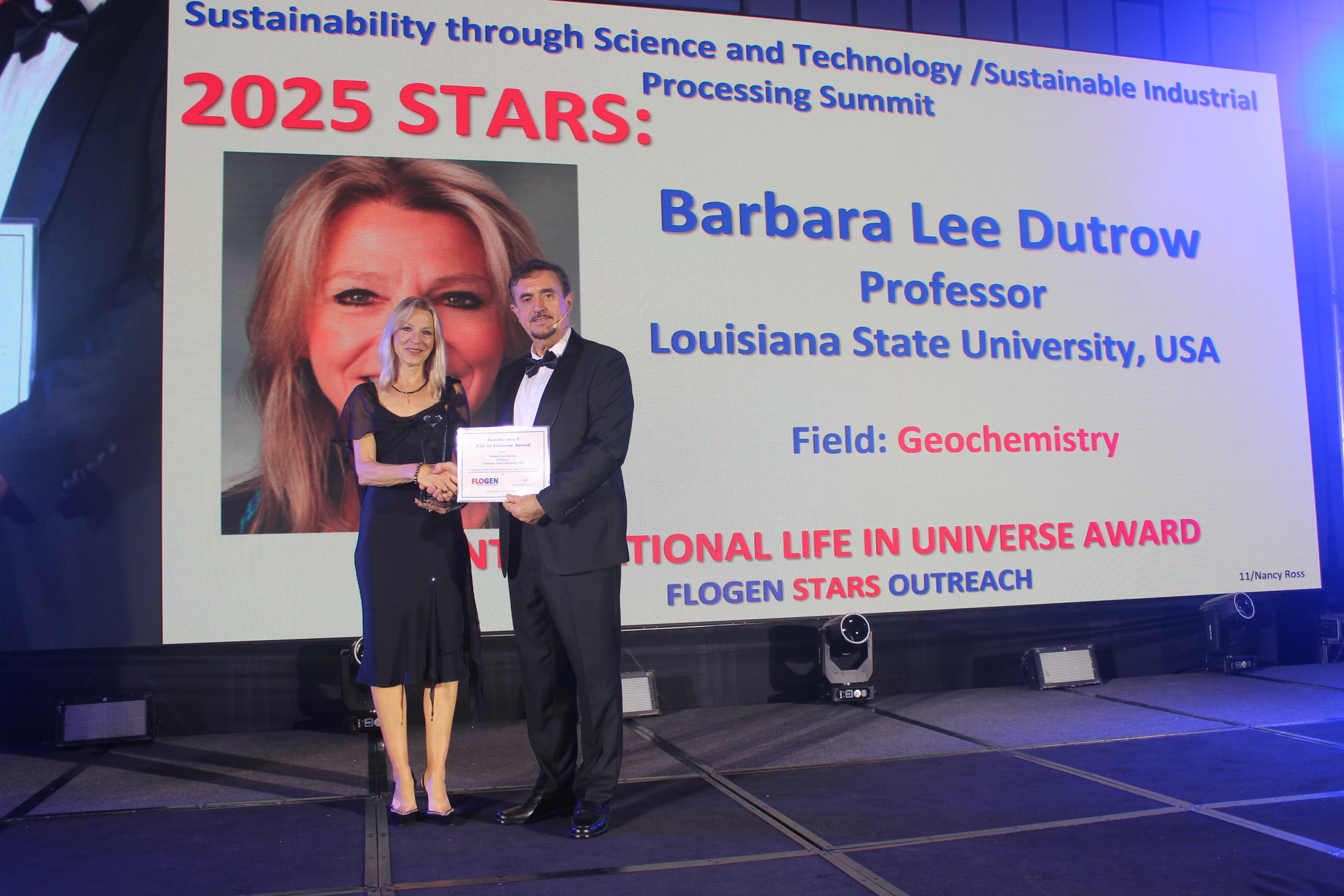
Dr. Barbara Dutrow receiving the International Life In Universe Award from Dr. Florian Kongoli at FLOGEN SIPS 2025




